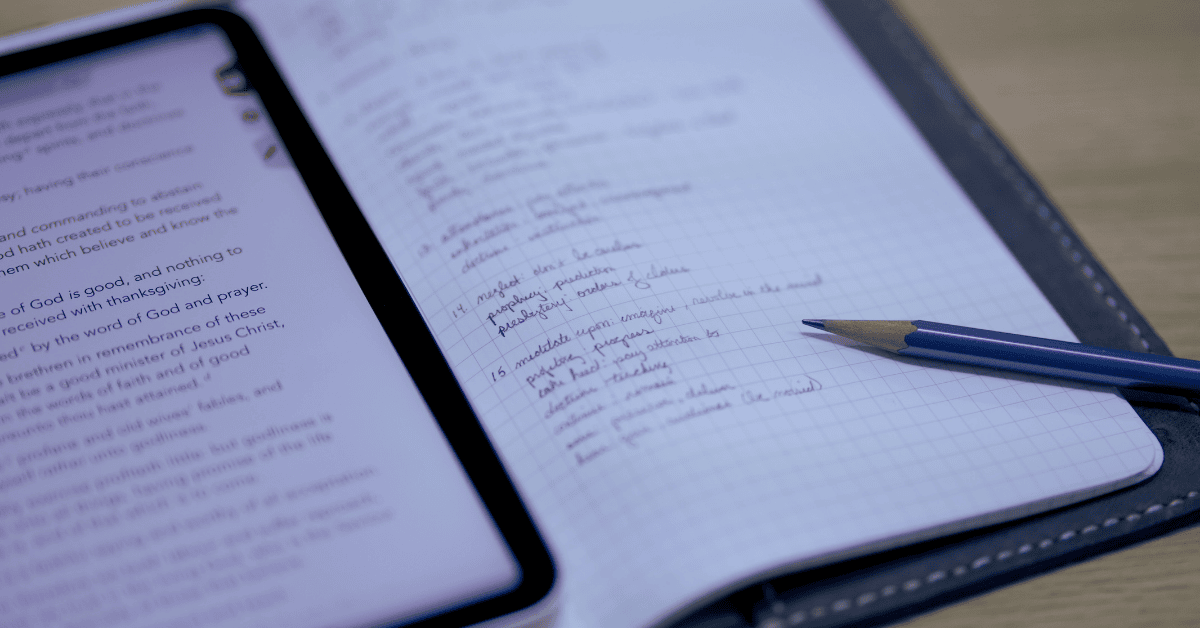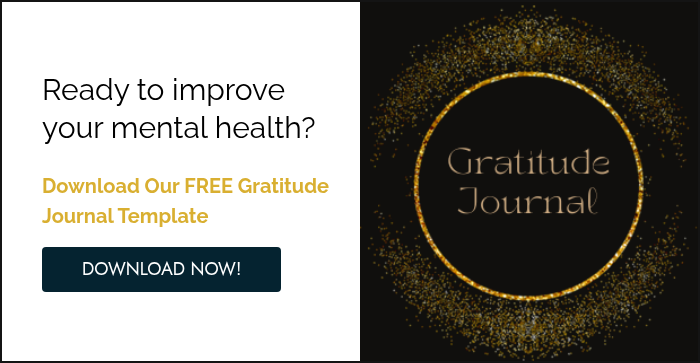Key Highlights
-
Journaling is a scientifically backed tool for improving your mental health and overall well-being.
-
The practice of expressive writing helps you process difficult emotions and organize chaotic thoughts for greater mental clarity.
-
Keeping a journal offers surprising physical health benefits, including boosted immune function and lower blood pressure.
-
Different types of journaling, like a gratitude journal, can cultivate positivity and improve your outlook on life.
-
Starting is easy—you can journal with a traditional notebook, a digital app, or even voice memos.
Introduction
Did you ever keep a diary as a child? That simple act of putting pen to paper can be a powerful tool as an adult. Journaling is more than recording your day—it’s a research-backed practice proven to improve mental health and overall wellness. A few minutes of writing can help you process emotions, reduce stress, and even strengthen your immune system.
What Is Journaling?
At its core, journaling means regularly recording your thoughts, feelings, and experiences. It’s a way to declutter your mind, process emotions, and gain insight into yourself.
There are many styles: expressive writing to release emotions, bullet journaling to stay organized, or gratitude journaling to cultivate positivity. Whether with pen and paper or a digital app, journaling adapts easily to your life.
Why Journaling Is Growing in Popularity
More people are turning to journaling as a low-cost, accessible way to care for their mental health. The rise of digital tools makes it easier than ever—apps, video diaries, and even voice memos provide flexible ways to reflect.
Key reasons for journaling’s popularity:
-
Accessible: All you need is a notebook or an app.
-
Versatile: Choose formats that fit your style and goals.
-
Well-being focused: Growing awareness of mental health keeps journaling in the spotlight.
Research on Stress and Resilience
Studies consistently show that journaling lowers stress and improves resilience. By writing down worries, you externalize them instead of letting them swirl endlessly in your mind.
A 2018 study linked long-term journaling with greater resilience in people with anxiety. Putting anxieties into words allows you to step back, challenge catastrophic thinking, and reframe events more positively. Over time, this practice builds emotional strength and better equips you to handle adversity.
Insights From Therapists
Psychologists often recommend journaling alongside therapies like CBT. Clients track thoughts and emotions to recognize patterns and reframe negative thinking.
James Pennebaker, a pioneer in expressive writing research, showed that writing about emotional events organizes chaotic thoughts and releases pent-up feelings. This safe outlet provides clarity and distance from distressing experiences, which is why therapists encourage it as a tool for growth and resilience.

Mental Health Benefits of Journaling
Easing Anxiety and Depression
For anxiety, journaling offers a way to put worries on paper, reducing rumination and intrusive thoughts. For depression, expressive writing has been shown to decrease symptoms by breaking rigid negative thought cycles.
By challenging unhelpful thoughts in writing, you can replace them with more balanced perspectives—an empowering way to regain control of your mental state.
Enhancing Self-Awareness and Mindfulness
Journaling fosters mindfulness by encouraging you to observe your emotions without judgment. Over time, you’ll notice patterns: what triggers negative feelings, which interactions boost your mood, and how you typically respond.
This awareness helps you regulate emotions, respond intentionally, and move away from reactive behaviors.
Building Emotional Resilience
Writing about challenges helps you process them in a structured way. Each time you reflect on a stressful event, you reinforce your ability to find meaning and adapt.
Over time, journaling strengthens your belief that you can face difficulties and emerge stronger—a foundation for lifelong resilience.
Surprising Wellness Benefits
Physical Health Improvements
Journaling isn’t only good for your mind—it supports your body too. Research has found that expressive writing boosts immune function by increasing lymphocyte activity, which helps fight illness.
Other physical effects include:
-
Lower blood pressure: Stress reduction through journaling promotes relaxation.
-
Better sleep: Clearing your mind before bed can help you fall asleep faster and rest more deeply.
Boosting Creativity and Problem-Solving
Free-writing, mind mapping, or simply jotting ideas helps unlock creativity and new perspectives. By exploring problems in writing, you often uncover solutions you wouldn’t have considered otherwise.
Strengthening Relationships
Reflecting on interactions in your journal builds empathy and improves communication. Writing about relationships helps identify patterns, clarify your needs, and encourage gratitude.
Try writing a letter of appreciation in your journal—it can shift your perspective and deepen your bonds.
Conclusion
In conclusion, journaling is a powerful tool that can significantly enhance your mental and emotional well-being. By allowing time for self-reflection, it not only eases anxiety and depression but also fosters self-awareness and mindfulness.
The diverse benefits extend beyond mental health; from improving physical health to boosting creativity, journaling supports various aspects of wellness. Whether you opt for expressive writing, gratitude journaling, or a bullet journal, there’s a method that suits your needs.
Frequently Asked Questions
Is journaling effective even if I don’t write daily?
Yes, absolutely! While daily journaling can be beneficial, consistency is more important than frequency. Even writing a few times a week can provide a valuable outlet for emotional expression and lead to positive health outcomes. Find a rhythm that works for you and your schedule.
Can I benefit from online journaling as much as traditional writing?
Yes, online journaling can be just as effective as paper journaling. Studies show that digital journaling provides similar benefits for mental health. The best method is the one you'll actually use, so choose the format—digital or traditional—that you find most convenient and enjoyable.
What should I do if I feel stuck or don’t know how to begin journaling?
If you feel stuck, start small. Set a timer for just two to five minutes and write whatever comes to mind. You can also use journaling prompts to get your thoughts flowing. Don’t worry about perfection; the goal is simply to get started and create a space for your thoughts.


